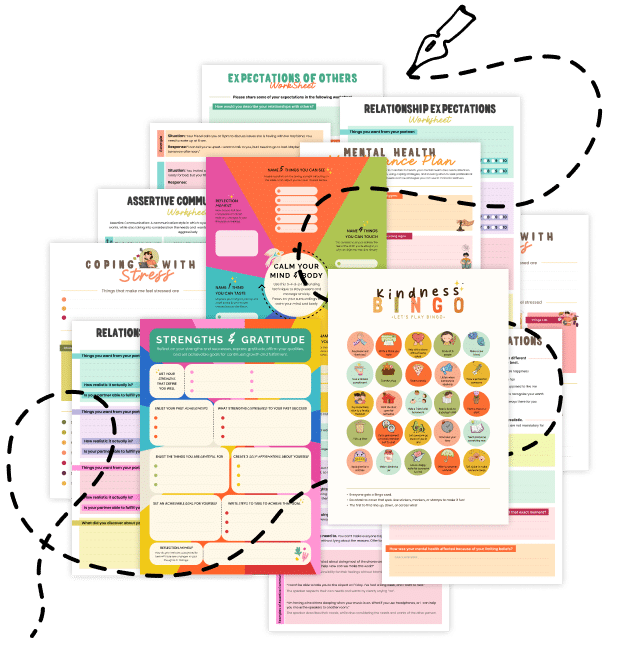20 Things About Sleep-Dependent Learning
Discover how your nightly rest plays a pivotal role in locking in new skills, facts, and insights through sleep-dependent learning—what it is, why it matters, and how to optimize this essential cognitive process.
1. What Is Sleep-Dependent Learning?
Sleep-Dependent Learning is the process by which your brain consolidates and strengthens new information and skills during sleep. It’s like hitting “save” on the day’s learning experiences.
2. Core to Memory Consolidation
Your brain doesn’t just shut down while you snooze—it actively processes the day’s experiences, transferring knowledge from short-term to long-term memory banks.
3. Stages of Sleep Matter
Both deep (slow-wave) sleep and REM (rapid eye movement) sleep play unique roles. Deep sleep consolidates facts and skills, while REM sleep supports creativity, problem-solving, and emotional processing.
4. From Practice to Mastery
Studying or practicing before bed can give your brain a fresh set of data to organize. Overnight, your mind refines and strengthens these neural pathways, often resulting in improved performance the next day.
5. Why It’s Crucial for Skills
If you’re learning a new instrument, language, or sport, proper rest can lock in subtle muscle movements and mental patterns—leading to smoother performance over time.
6. Brain Plasticity
Sleep is when neuroplasticity kicks into high gear. This is the brain’s ability to adapt, reorganize, and create new neural connections—essential for all forms of learning.
7. Impact on Emotional Learning
Memories with an emotional component also get processed during sleep. Your brain prioritizes strong emotional events, making them more likely to be retained.
8. Circadian Rhythm Alignment
Going to bed and waking up at consistent times aligns your internal clock (circadian rhythm), allowing your body to optimize the sleep cycles that most effectively consolidate memories.
9. Short vs. Long Sleep
Short-changing your sleep on a regular basis can interrupt the consolidation process, leaving your new knowledge or skills “unfinished.” Adequate sleep, usually 7–9 hours, ensures you cycle through all critical sleep stages.
10. Role in Motor Memory
Physical skills—from dance routines to golfing techniques—rely on repeated, precise movements. Sleep-Dependent Learning cements these movements, making them more automatic and refined.
11. Stress Can Disrupt Learning
High stress raises cortisol levels, which can reduce sleep quality and interfere with the memory-consolidation process. Finding ways to de-stress before bed can help you learn more effectively.
12. Power of Naps
Short naps—20–30 minutes—can offer a mini version of Sleep-Dependent Learning, giving your brain a brief chance to process and solidify information midday.
13. Coffee Won’t Replace Sleep
While caffeine may help you feel alert, it can’t replicate the cognitive benefits of restful sleep. Relying on coffee to power through late-night study sessions might actually impede deeper learning.
14. Sleep-Dependent Learning Link to Creativity
Have you ever woken up with a fresh perspective or a breakthrough idea? That’s sleep at work. By reorganizing information and making new associations, your brain fuels creative thinking overnight.
15. Individual Differences
Not everyone has the same sleep architecture. Some people might need more or less sleep than others to optimize learning. Listening to your own body is key.
16. Consistency Is King
Going to bed at wildly different times can disrupt sleep cycles. Regular schedules help your brain enter deep and REM sleep more efficiently, maximizing the learning benefits.
17. Technology’s Role
Screen time before bed can reduce melatonin production, delaying deep sleep onset. Minimizing blue light exposure at night can help your brain transition smoothly into memory-consolidation mode.
18. Memory Retention vs. Forgetting
When you shortchange your sleep, your brain may selectively forget or fail to prioritize certain memories. Consistent quality sleep tilts the balance toward retention.
19. Life-Long Learning
From children developing language skills to seniors maintaining cognitive health, Sleep-Dependent Learning remains vital across all stages of life. Good sleep habits support continuous growth.
20. Related Topics to Explore Sleep-Dependent Learning
- Sleep Spindles: Investigate the specific brainwaves linked to memory consolidation during sleep.
- Brain Glymphatic Function: Learn how your brain cleans out waste overnight, aiding mental clarity.
- Napping for Memory Consolidation: Explore the benefits of short rest periods for reinforcing learning.
- Sleep Inertia: Understand the grogginess you feel upon waking and how it affects mental performance.
Quick Tips to Boost Sleep-Dependent Learning
- Stick to a Sleep Schedule: Aim for the same bedtime and wake-up time, even on weekends.
- Use a Wind-Down Routine: Relax with calming activities—like reading or gentle stretching—to signal your body it’s time for rest.
- Review Before Bed: A quick recap of new information primes your brain for overnight consolidation.
- Dim the Lights: Lower lighting at night to promote melatonin production and deeper sleep.
- Limit Late Caffeine: Consuming coffee or energy drinks in the evening can disrupt sleep quality and hamper learning benefits.
By understanding and prioritizing Sleep-Dependent Learning, you set the stage for greater skill mastery, better memory retention, and a more flexible, creative mind. Share this article with friends or coworkers who are juggling intense study sessions or skill training—help them harness the power of quality rest for superior learning outcomes!


